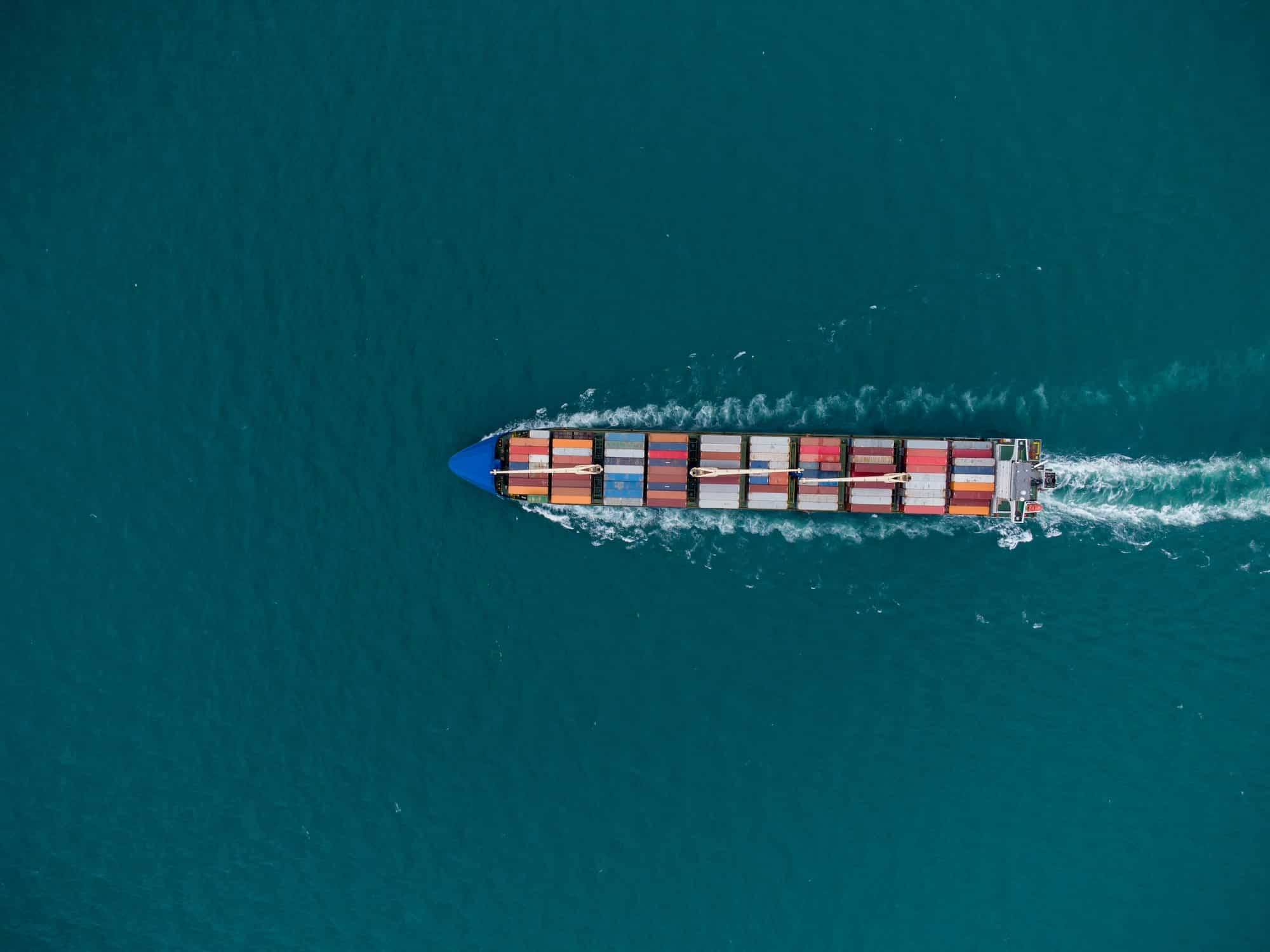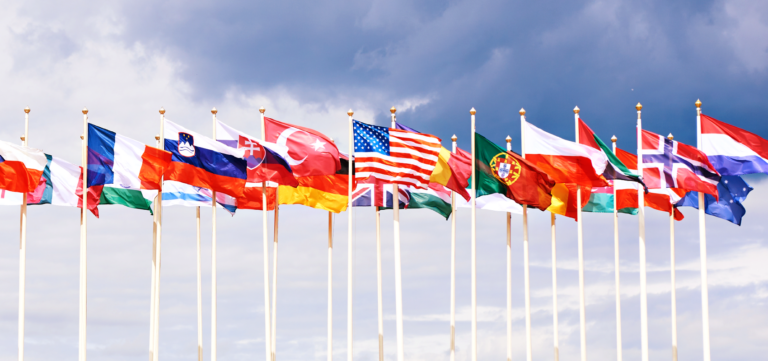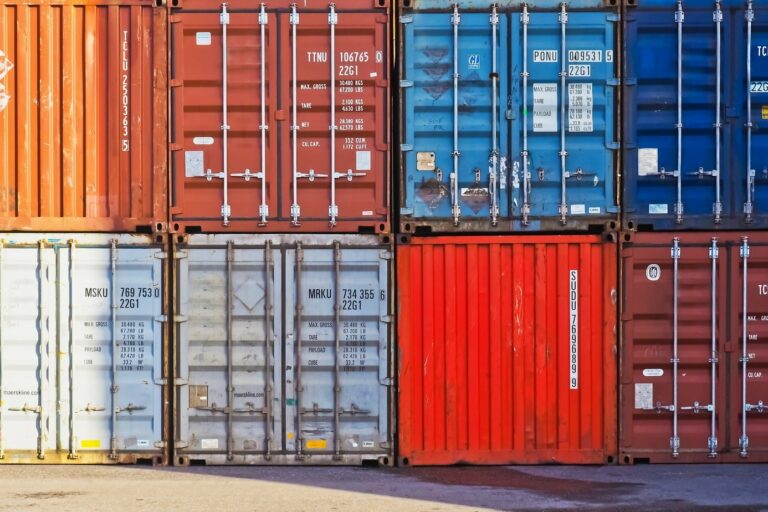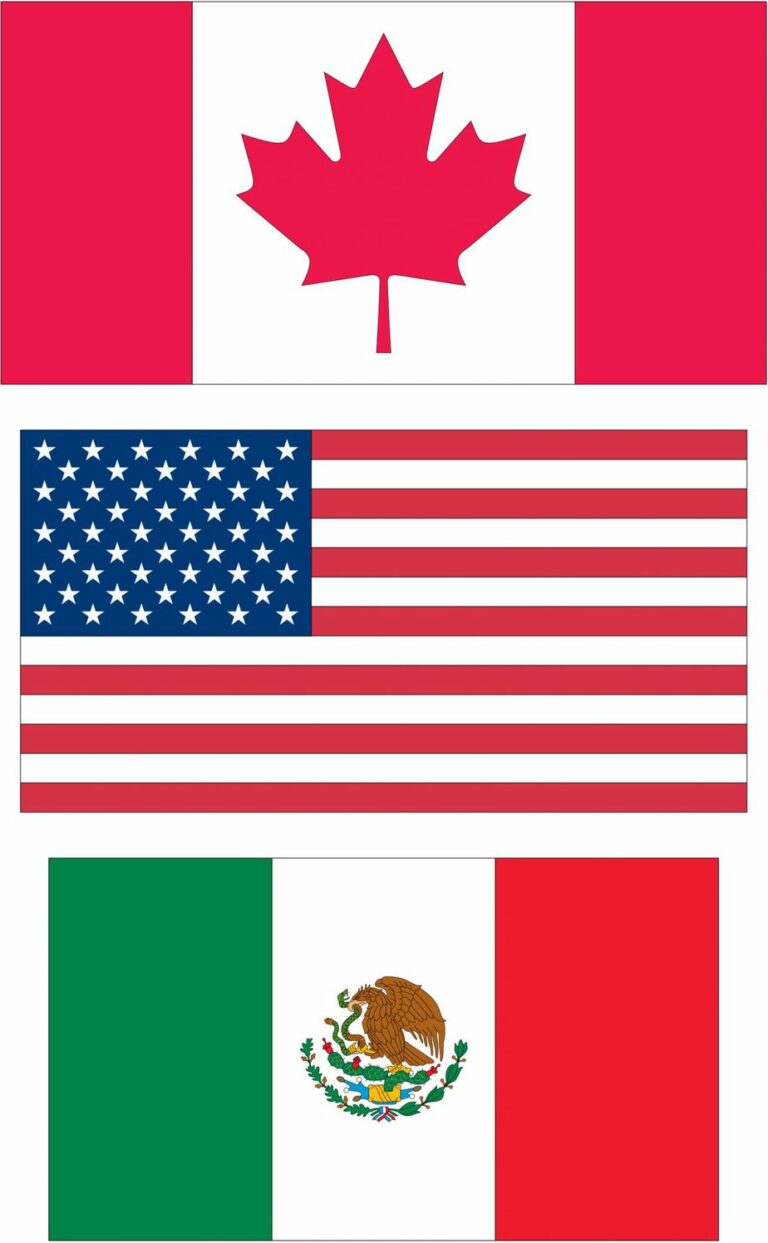The Future of Global Trade: A Shift towards Regionalization and Digitalization
Nearshoring: The New Reality in International Trade
The COVID-19 pandemic has led to a period of ‘de-globalization’, with value chains being redefined and transformed from global to regional, seeking proximity to suppliers and consumers. This has given rise to the concept of nearshoring, which has become the new reality in international trade.
The Growing Significance of Digitalization and Cross-border E-commerce
Cross-border e-commerce is becoming increasingly significant in today’s world, and its contribution to global trade is set to increase remarkably in the coming years. The share of cross-border e-commerce in international trade will rise from 20% today to 35% in the next five years. This highlights the growing importance of digitalization in international trade.
Free Trade Zones: The New Production Sites for Sustainable Industries
According to Dr. Mohammed Al Zarooni, Chairman of the World Free Zones Organisation (World FZO), free trade zones have become the new production sites for sustainable industries that are dependent on renewable energy sources such as solar and hydrogen. The place of production of new renewable energies will largely determine the location of those industries for which energy is an essential raw material.
The Role of Free Zones in Digital Transformation
The role of free zones has never been more crucial than it is today. Free zones must ensure they have the agility and sharp decision-making needed in times of great change and embrace a global outlook and openness for remote cooperation. Dubai and its free zones have a huge opportunity ahead as global governments look to nurture and mature their artificial intelligence sectors, which are estimated to contribute up to $16 trillion to the global economy by 2030.
Building Trust and Achieving Digital Transformation
To build trust and achieve digital transformation, free zones, customs administrations, and other stakeholders in trade will have to work together. It is important to focus on standardization, digitalization, and risk and compliance management. However, digitalization is much more than turning paper documents into digital documents. It involves migrating from a mindset and culture of document-based procedures to data-driven procedures and data-driven decisions.
In conclusion, the post-pandemic period of ‘de-globalization’ has brought about significant changes in the global trade landscape. It is crucial to embrace the concept of nearshoring, digitalization, and regionalization of value chains to ensure proximity to suppliers and consumers. Moreover, free zones have an essential role to play in facilitating and multiplying opportunities, and they must embrace a global outlook and openness for remote cooperation. To achieve this digital transformation, free zones, customs administrations, and other stakeholders in trade must work together to build trust and migrate from document-based procedures to data-driven decisions.
Read the source here: https://gulfnews.com/business/nearshoring-is-the-new-reality-in-international-trade-says-head-of-global-free-zones-body-1.95492742








